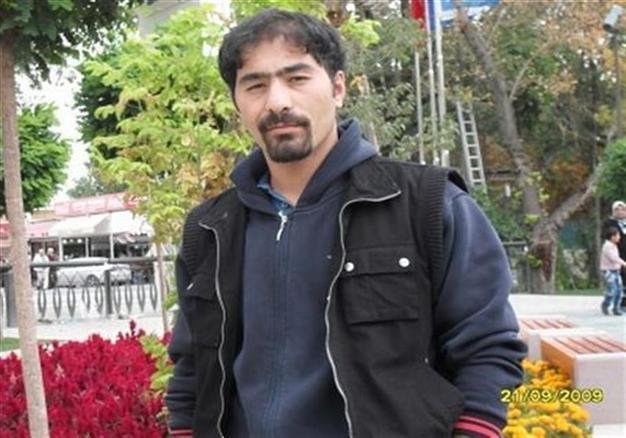Three reports rule out self-defense in Gezi protester Sarısülük killing: Lawyer
ANKARA - Hürriyet

Three separate reports all indicate that police officer A.Ş. did not use self-defense when he shot dead Gezi protester Ethem Sarısülük in Ankara at the beginning of the Turkey-wide revolt, the slain man’s lawyer has said.
“We received two reports from Turkey and one from Germany. All stress there is no self-defense. The crime is obvious and it is intentional murder,” said Sarısülük family’s lawyer, Kazım Bayraktar.
Ankara University specialists who watched a video of the attack prepared a report on the protester’s death following a request in July by the victim’s brother, Mustafa Sarısülük, which stated that no stone had actually struck the police officer, who claimed to have been hit by numerous stones thrown by the protesters before firing his gun.
Bayraktar also said a new video analysis prepared by Dr. Klaus Stanjek, a documentary professor appointed by the Film and Television Academy in Germany, echoes the Ankara University report.
The third report was prepared by a Turkish academic, who reviewed the accused police officer’s psychological mood.
“The suspect caused the death of a young man because of his uncontrolled rage and aggression despite fundamental occupational principles,” the lawyer quoted Eskişehir Osmangazi University Psychiatry Department Chief Professor Cem Kaptanoğlu’s report as saying.
Sarısülük was killed during a confrontation with police in Ankara’s Güvenpark on June 1 and fell into coma. His brain death was confirmed on June 13.
Sarısülük’s lawyer filed a demand for the arrest of A.Ş. in light of the Ankara University report, asking for an amendment of the classification of the offence as “intentional homicide.”
The police officer was released pending trial and given police protection, causing significant public indignation.
As of July 17, a criminal court decided to suspend the case and return it to the the Ankara Public Prosecutor’s Office, as the crime was said to have been committed while the police officer was on duty, meaning that permission from the Ankara Governor’s Office is required before any trial can proceed.
 Three separate reports all indicate that police officer A.Ş. did not use self-defense when he shot dead Gezi protester Ethem Sarısülük in Ankara at the beginning of the Turkey-wide revolt, the slain man’s lawyer has said.
Three separate reports all indicate that police officer A.Ş. did not use self-defense when he shot dead Gezi protester Ethem Sarısülük in Ankara at the beginning of the Turkey-wide revolt, the slain man’s lawyer has said.